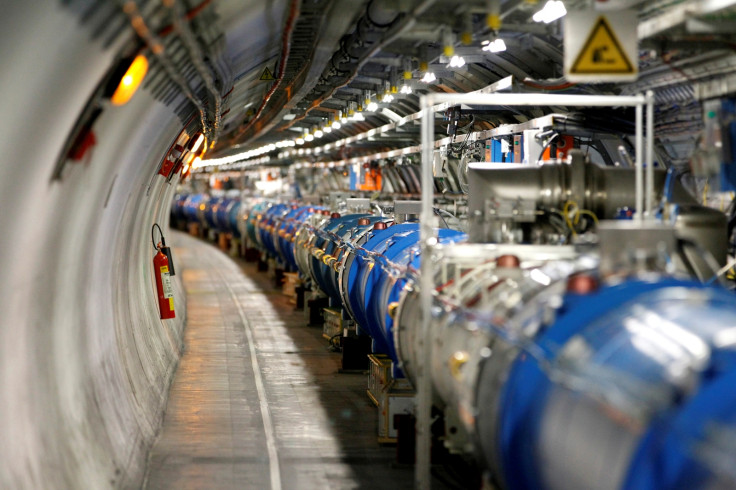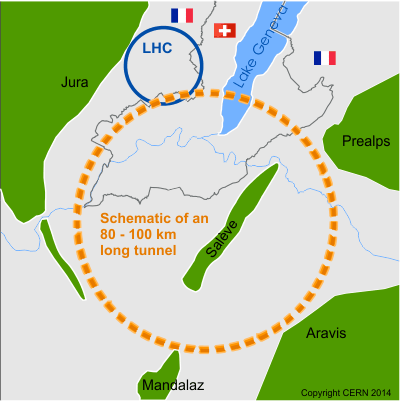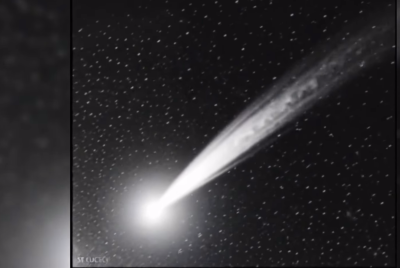Large Hadron Collider 2.0: CERN fast-tracks plan to develop supersize particle acclerator
Over 500 scientists from across the globe are working on the Large Hadron Collider's successor.

A group of physicists have kickstarted the decades-long process of developing the Large Hadron Collider's (LHC) successor. Although the LHC is currently functioning optimally, scientists have already begun working on its next-generation version, which some estimate may take years to build.
Over 500 scientists from across the globe reportedly met in Germany between 29 May and 2 June to discuss the future of particle physics and come up with designs for the next LHC.

The scientists are part of a collaborative group called the Future Circular Collider (FCC) Study and aim to create a new LHC that is seven times more powerful and three times larger than the current one.
The LHC was vital in researchers being able to confirm the existence of the Higgs boson particle in 2012, which is a fundamental particle that scientists say, provides mass to all matter in our universe.
However, finding the "god particle" as the Higgs is also popularly known, has cropped up more questions than answers. Researchers estimate that the new LHC may help see hidden particles even heavier than the Higgs boson. This could potentially provide scientists with a deeper understanding of the laws of nature.
What will the LHC's successor look like?
Researchers are still in the process of designing the LHC 2.0, which will be located relatively close to its predecessor, hosted by CERN on the France-Switzerland border. However, according to the FCC, while the LHC's tunnel stretches to 27km, its successor's circular tunnel could measure between 80-100km.
"When you look into things like the movement of galaxies, we see that we can only understand and explain about 5 % of what we observe," Prof. Michael Benedikt, who is leading the FCC study told The Horizon Magazine.
"But with questions like the so-called problem of dark matter, which is linked to the fact that galaxies and stars are not moving as you would expect them to, the only explanation we have is that there must be matter we do not see which distorts the movement accordingly."
Scientists hope to have a proposal for the LHC's successor by 2018. However, it could be nearly 20 years before it becomes officially operational. It took 30 years for the LHC to boot up for the first time, from planning to its actual launch.
Meanwhile, the LHC is slated to get a major update in the 2020's, which will boost its particle collision rates and also enhance its accuracy. Following the upgrades, the LHC will also be renamed as the High Luminosity Large Hadron Collider (HL-LHC).
© Copyright IBTimes 2025. All rights reserved.






















